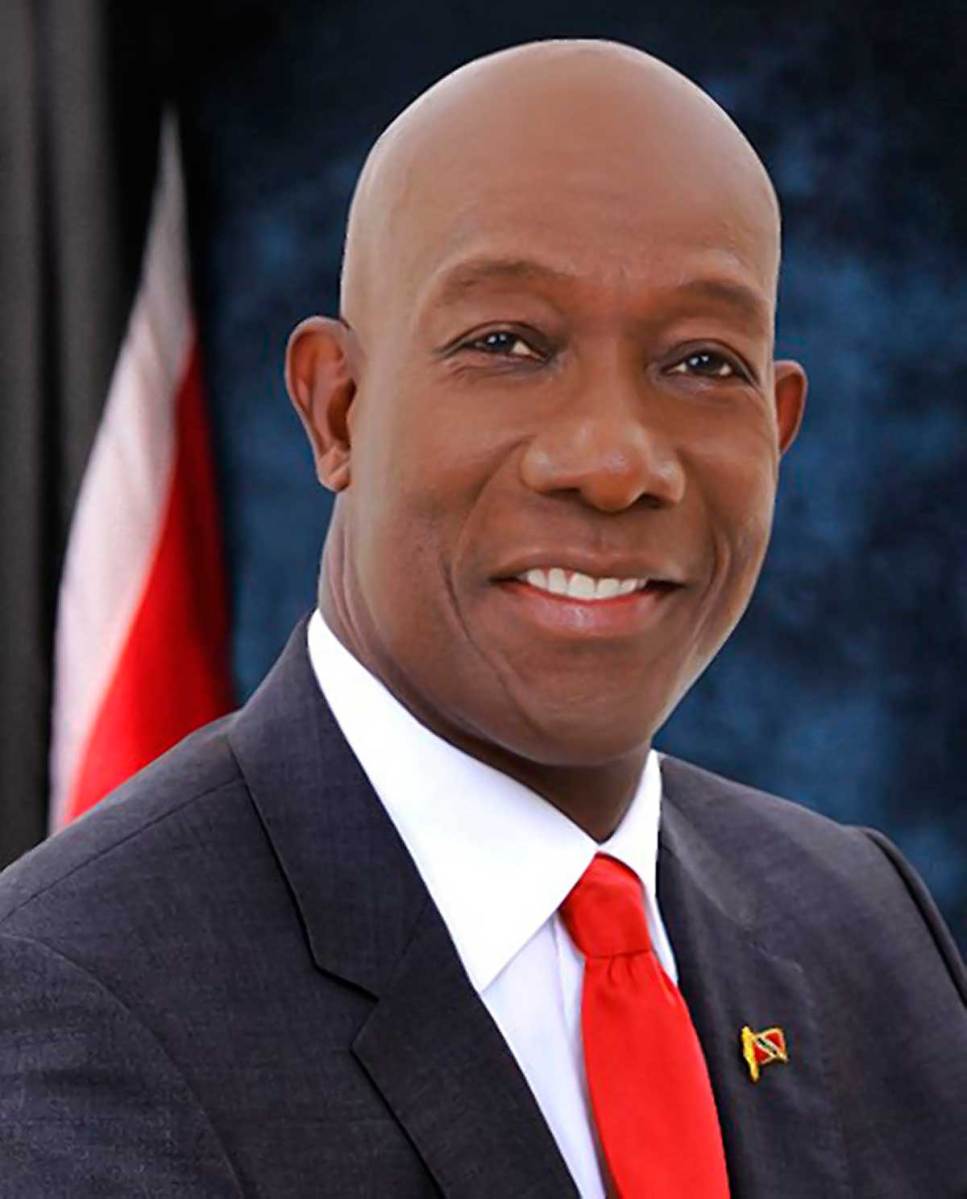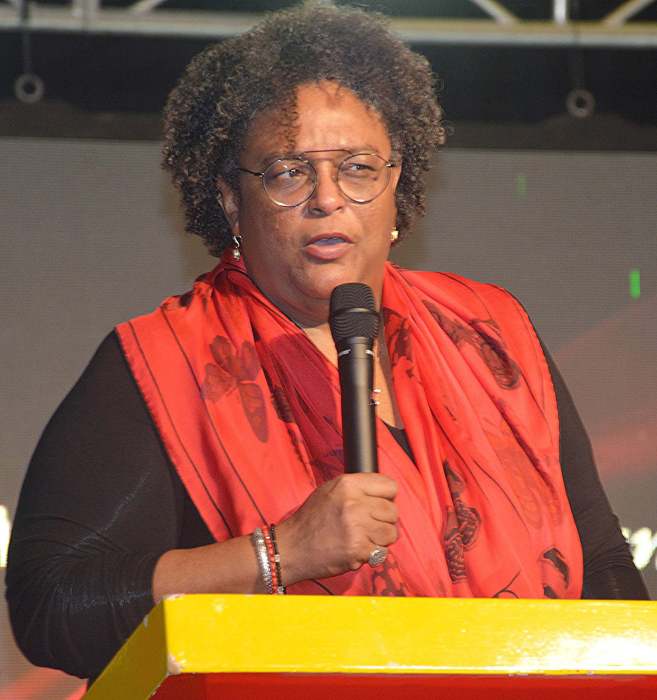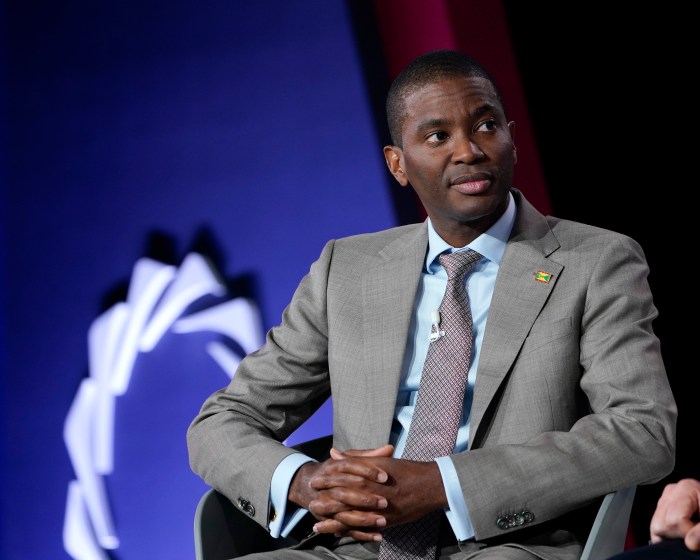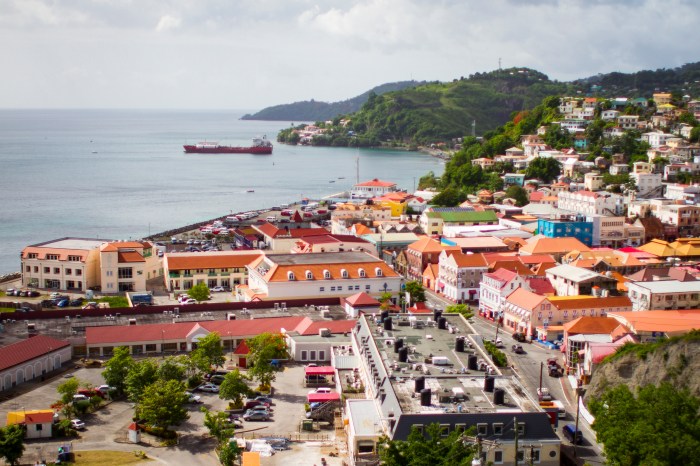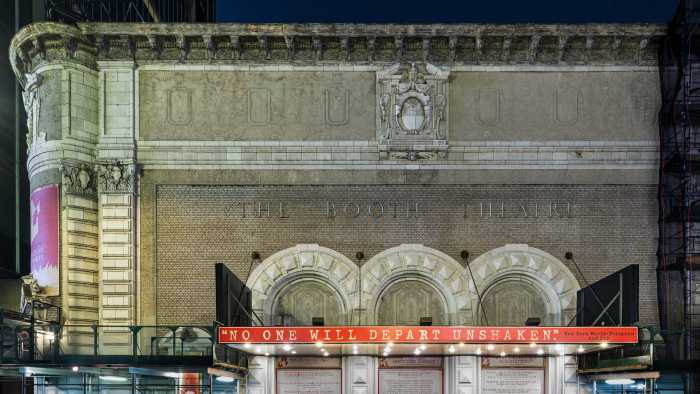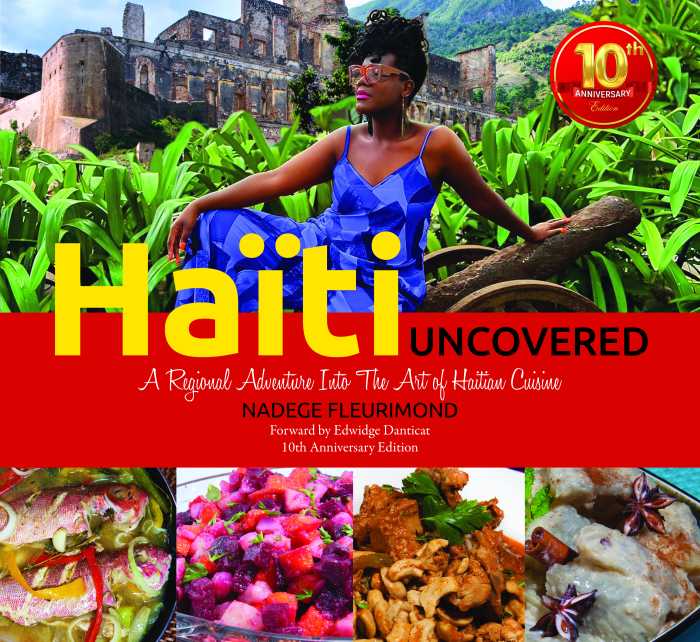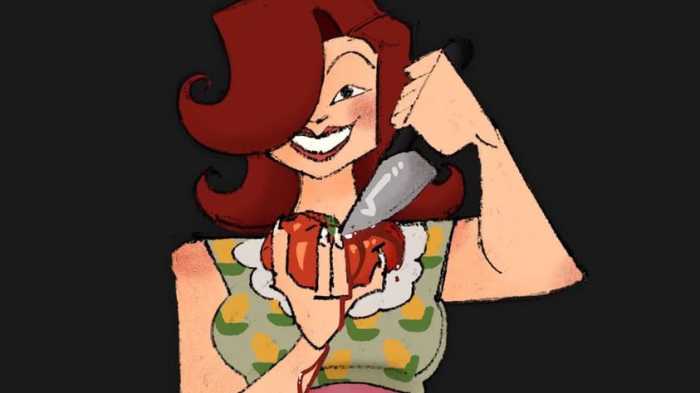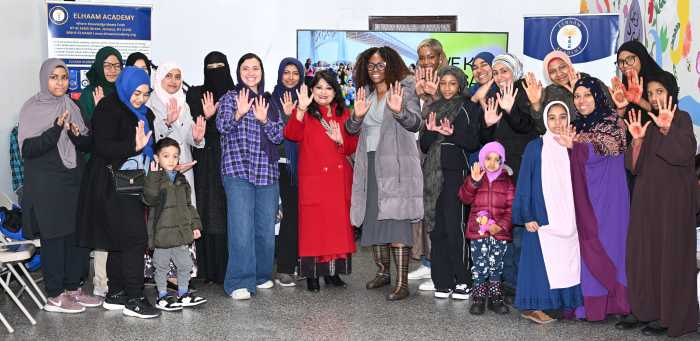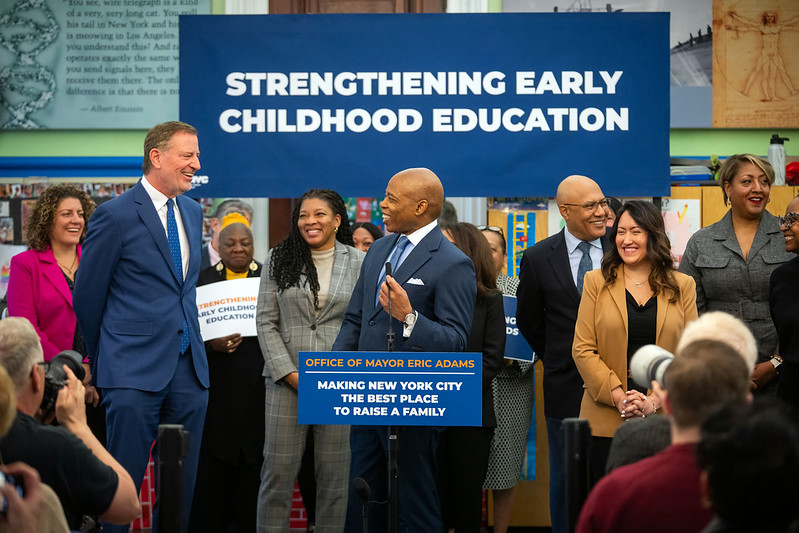There has, perhaps, been no other time in recent history when Caribbean governments said they felt as besieged by violent crime, weapons smuggling and other forms of felony deviance as they are now so they headed to Trinidad this week in search of solutions.
Host Prime Minister Keith Rowley was one of the key figures behind Monday’s regional summit on crime and violence as a public health issue. The conference has come in the wake of a serious spike in violence in many of the member states of the 15-nation bloc including Trinidad, Jamaica, The Bahamas, St. Lucia and Barbados among others.
Many of the prime ministers who attended the forum with support from the private sector and other stakeholders blamed everything from the power and influence of social media to weapons smuggling, to men committing serious crimes allegedly to raise funds to take care of high maintenance women, gangland violence and narcotic smuggling for the state of play, saying serious action has to be taken.
“Social media can become an excellent conduit to transmit violence. People are using it,” said Kittian Prime Minister Terrence Drew. “All you need now is to transmit the agent, which is the violence to the susceptible, and social media is giving you a great medium in which to transmit violence from here to over here to the susceptible who are probably using the phone, the tablet, on Facebook, and so forth.”
At least nine-member states were represented at the head of government level, an indication, officials said, of how concerned leaders are with violent crime in a region whose economic lifeline is largely tourism.
Bahamian Prime Minister and CARICOM Chairman Phillip Davis was among those who made the nexus between crime and economics saying, “If we do not act decisively, our economic prospects will be further eroded by this ongoing wave of violence. High levels of sustained violence undermine investor confidence in the region, scare visitors away from tourism-dependent economies, and place a strain on healthcare, educational, and social support systems.”
The forum is being held as governments in Trinidad, The Bahamas, St. Vincent and Antigua have opted to join a lawsuit with the Mexican government to hold American gun manufacturers accountable for the weapons being smuggled into the region.
Phillips produced figures to back his position. “In 2022, Jamaica had a staggering homicide rate of 52.9 per 100,000 inhabitants, Trinidad and Tobago had a rate of 39.4 per 100,000. The Bahamas, St. Lucia, and St. Vincent and the Grenadines all recorded homicide rates above 30 per 100,000. This is over five times the global average,” he said.
Additionally, host nation, Trinidad, is already on course to break last year’s murder rate of 606 murders. That had shattered the 2008 figure of 529 that police said they thought was unsurpassable. More than 170 people have been killed so far this year there. PM Davis did not hide his own nation’s problems, noting a 23 percent in homicides that took last year’s figure to 128. Guns were used in the majority of cases, he said. Armed robberies were up 34 percent over 2021.
Most of the leaders who spoke basically said the same thing in different words and gave strong hints of the political panic that is setting in.
“This is a battle which we must all be engaged. This is a war that we cannot afford to lose,” said PM Rowley. “Violence is destroying our paradise in the Caribbean Sea.”
Ralph Gonsalves of St. Vincent was colorful and carried the attack to criminals, as he called for the resumption of the death penalty as a deterrent. “They chose to be murderers and kill and they do so by and large because they want to make some easy money dealing drugs and running crime. Some of them, in order to maintain rank in the community, they get a fascination with guns. They associate with young women – in some cases beautiful young women who are high-maintenance – and they have to rob and steal and kill and deal in drugs in order to maintain them,” he said.


